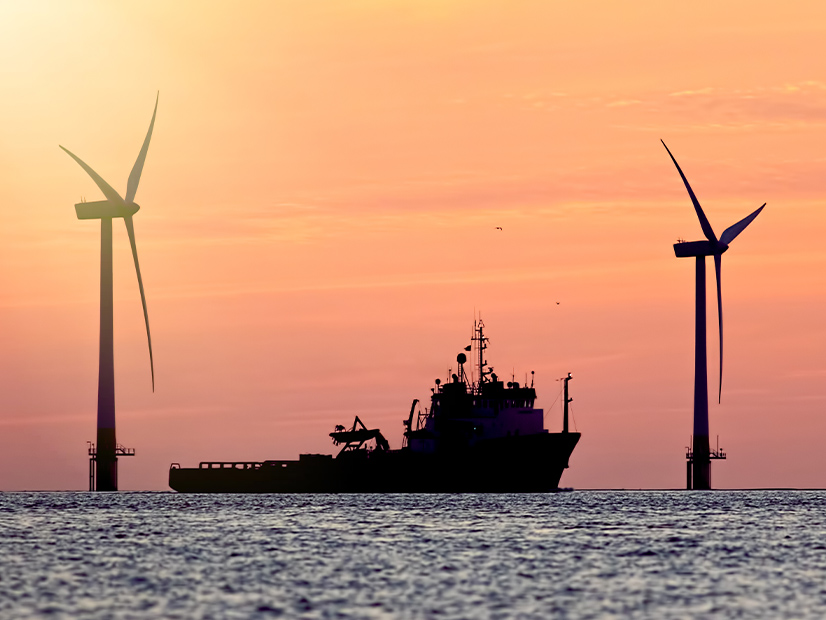Connecticut, Massachusetts and Rhode Island have agreed to delay their coordinated offshore wind solicitations by about two months to give time for additional certainty around Inflation Reduction Act (IRA) federal tax credits.
The delay will push the due date for bids from Jan. 31 to March 27, with projects now set to be selected by Aug. 7.
“Extending the schedule for our current solicitation creates additional time for developers to react to the possibility of further guidance from the IRS regarding key tax credits available to offshore wind projects,” Massachusetts Department of Energy Resources (DOER) external affairs manager Lauren Diggin said in a statement.
“We know the importance of capturing all available savings for Massachusetts customers, and federal tax credits are essential to lowering the price of offshore wind for our ratepayers and improving project viability for offshore wind developers,” Diggin added.
In November, the Treasury Department released a notice of proposed rulemaking (NOPR) for IRA changes to the Investment Tax Credit that would increase the credits available to clean energy developers. (See Treasury Department NOPR Seeks to Clarify IRA’s ITC Rules.)
Comments on the NOPR are due Jan. 22, with a public hearing scheduled for Feb. 20. Massachusetts is working with other states to submit comments on the proposed regulations, the state’s Department of Energy Resources (DOER) wrote in its notice of the delay.
Delaying the solicitation “is crucial to encourage the most cost-effective bids for the benefit of Massachusetts ratepayers,” the DOER wrote.
The delay will affect both single- and multi-state bids. Connecticut, Massachusetts and Rhode Island agreed in the fall to coordinate their offshore wind solicitations to leverage their collective buying power and regional supply chains. (See Mass., RI, Conn. Sign Coordination Agreement for OSW Procurement.)
The two-month delay to get more information on the ITC also could provide perspective on the trajectory of inflation and interest rates.
While the procurements will allow for indexed bids to account for unforeseen changes to interest rates or inflation, some in the region have expressed concern that soliciting bids amid continued macroeconomic pressures could result in more expensive projects.
“Bidding a lot of megawatts while inflation is still raging risks resulting in inflated prices that consumers will pay,” Massachusetts state Sen. Mike Barrett (D), co-chair of the legislature’s Joint Committee on Telecommunications, Utilities and Energy, told NetZero Insider in an interview in early January. “If you wait six months and the Federal Reserve has lowered interest rates three or four times, you are then looking out on a vastly altered set of expectations.”


